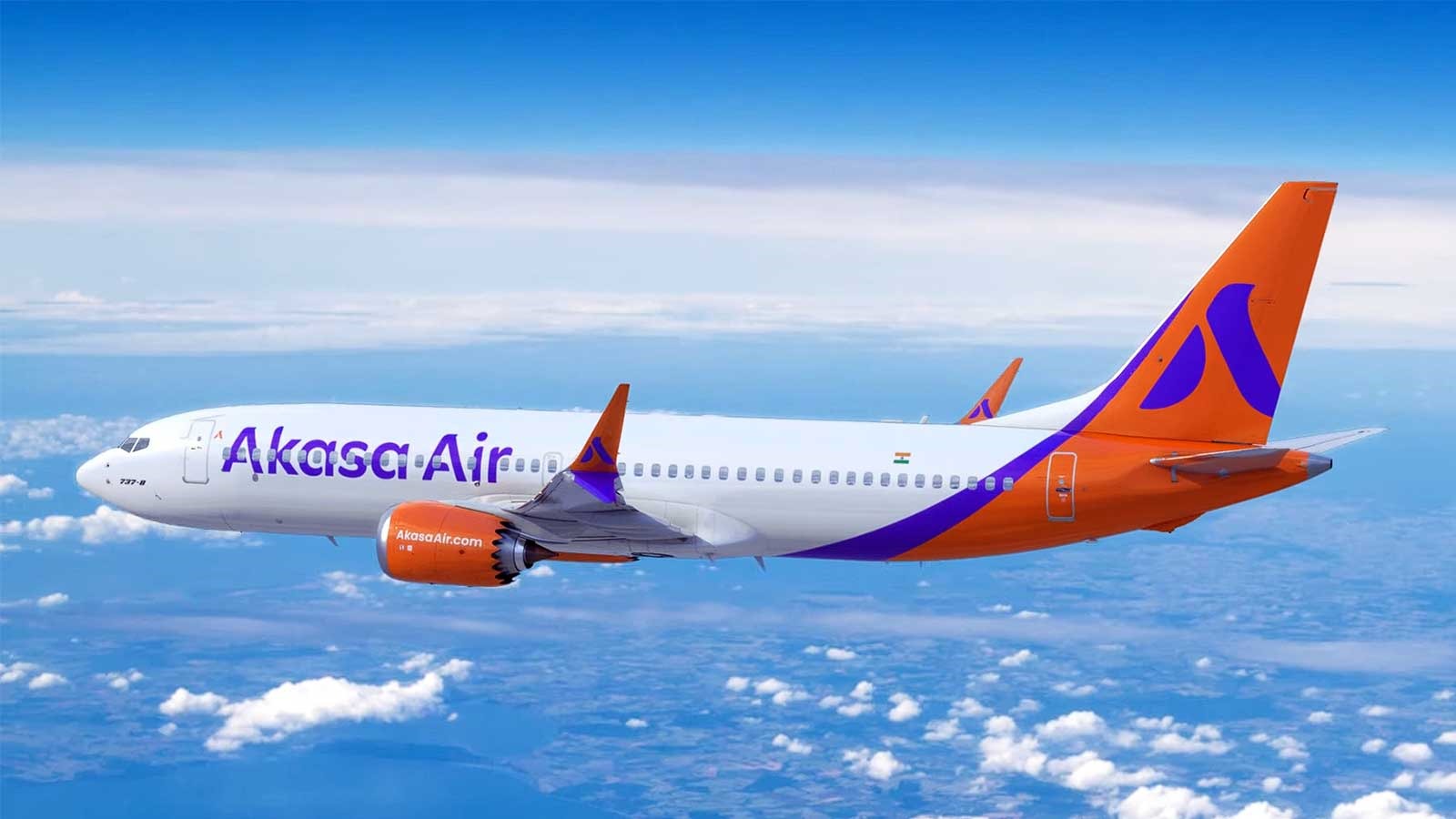Bombay High Court Rules That It Has Jurisdiction To Hear Akasa Air’s Plea Against 5 Pilots For Resigning Without Notice Period

Akasa Air approached the Bombay High Court in response to the resignation of five of their pilots, who left the company without adhering to the mandatory six-month notice period
On Wednesday, the Bombay High Court ruled that it has jurisdiction over the suit filed by the airline company Akasa Air against the five pilots seeking damages of Rs. 21 crore and compensation of Rs. 18 lakh from each of the pilots for resigning from the company without serving the mandatory 6-month notice period.
A single judge bench of Justice SM Modak while granting leave to the airline company said that part of the cause of action had occurred in Mumbai.
Akasa Air approached the Bombay High Court in response to the resignation of five of their pilots, who left the company without adhering to the mandatory six-month notice period. The company is seeking Rs. 21 crore in damages from each of the pilots and an additional 18 lakhs for breach of contract.
Furthermore, the company has sought an injunction against the pilots regarding their resignation letters and is seeking to compel them to fulfil their notice period obligations. According to the suit, the airline company and the pilots had entered into an employment and training agreement, which stipulated that the pilots must work for the company for two years.
In the event of a breach of contract, they would be required to pay Rs. 18 lakhs. The agreement also mandated a six-month notice period for pilots resigning from their positions.
The high court reserved its judgment after hearing both parties extensively on Monday. The high court will now hear the case on merits next week.
Senior Advocate Janak Dwarkadas, representing the airline company, argued that the pilots had not followed the proper procedure for submitting their resignations.
He further argued that it was not possible for the company to file cases in different courts all over the country and that the principle of convenience should be taken into consideration.
Senior Advocate Darius Kambata, representing the pilots, argued that one cannot selectively choose which court has jurisdiction. He pointed out that hard copies of the agreement were sent to Delhi, where the pilots signed them and returned them to Mumbai.
Kambata further added that the resignations were sent by pilots located outside Mumbai and argued that the airline had approached the Bombay High Court primarily because of the lower court fees cap of 3 lakhs, as compared to the Delhi High Court, in order to save money.
Case title: SNV Aviation vs Captain Gareema Kumar & ors
